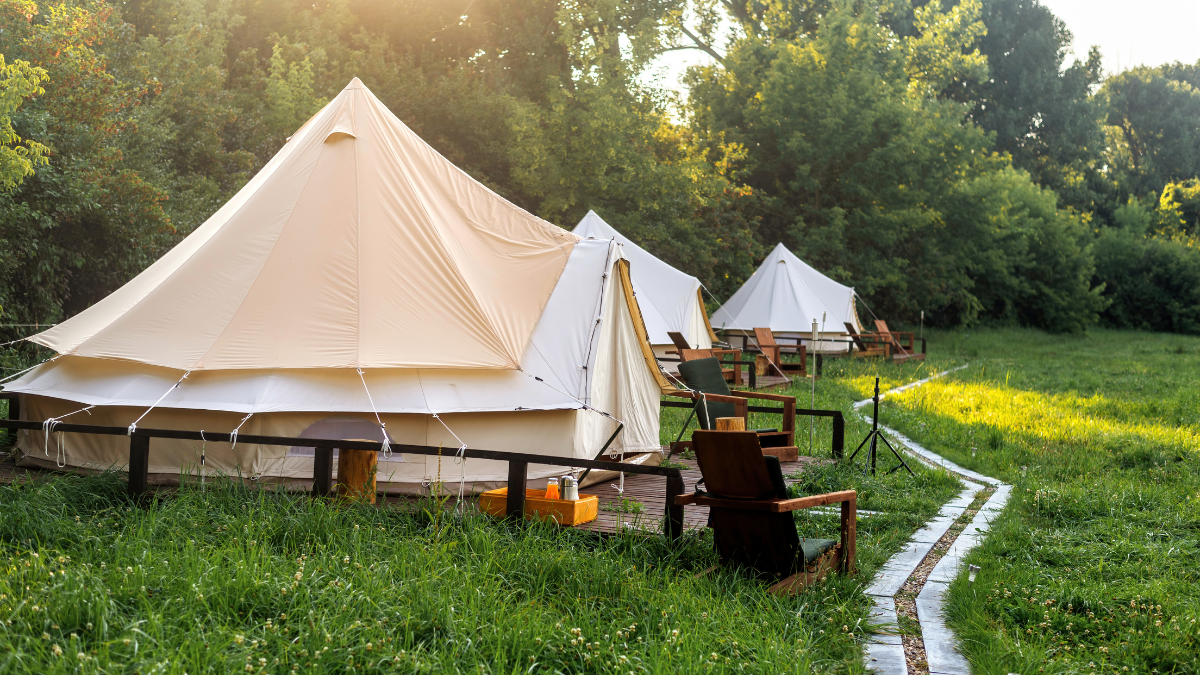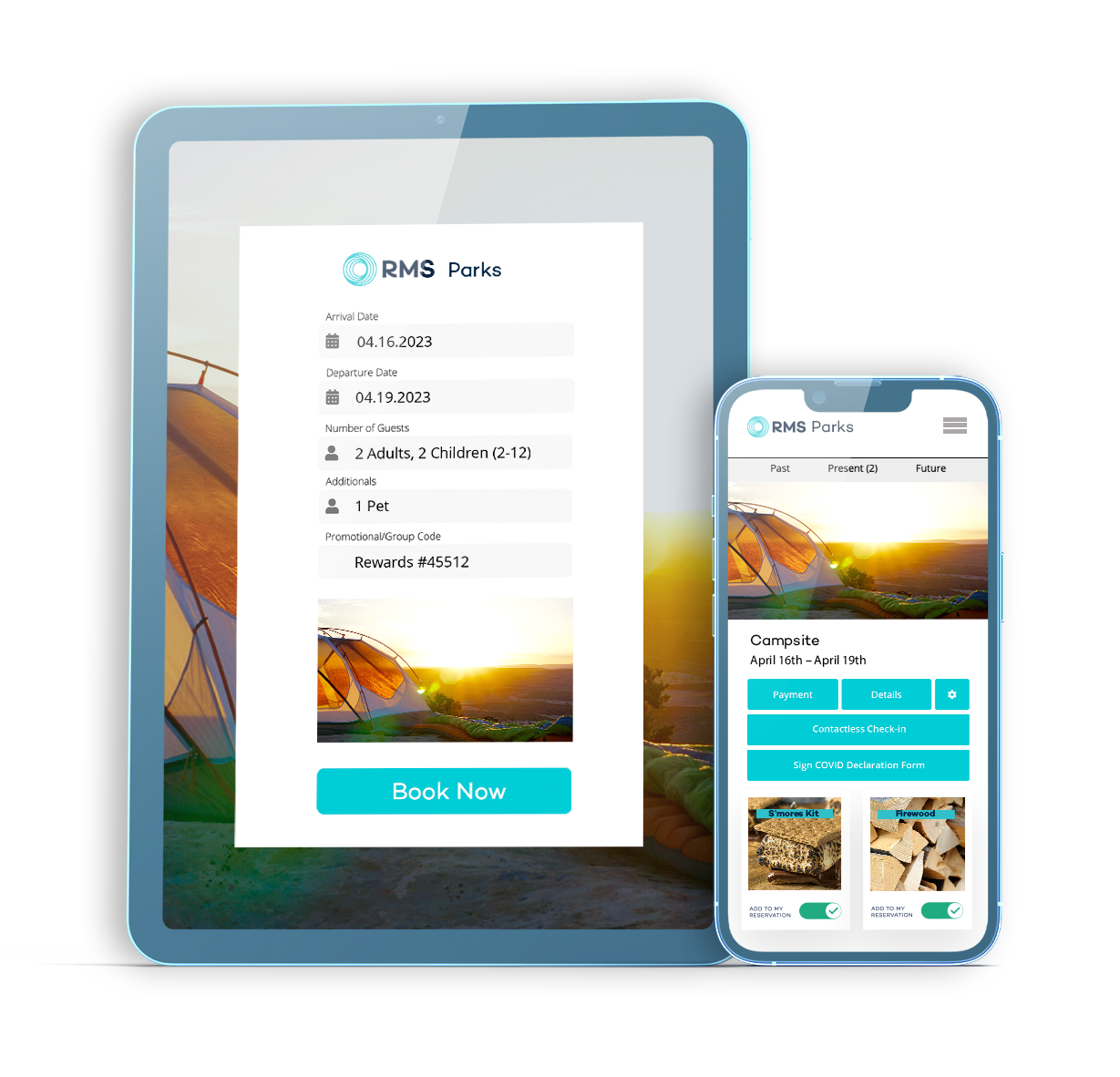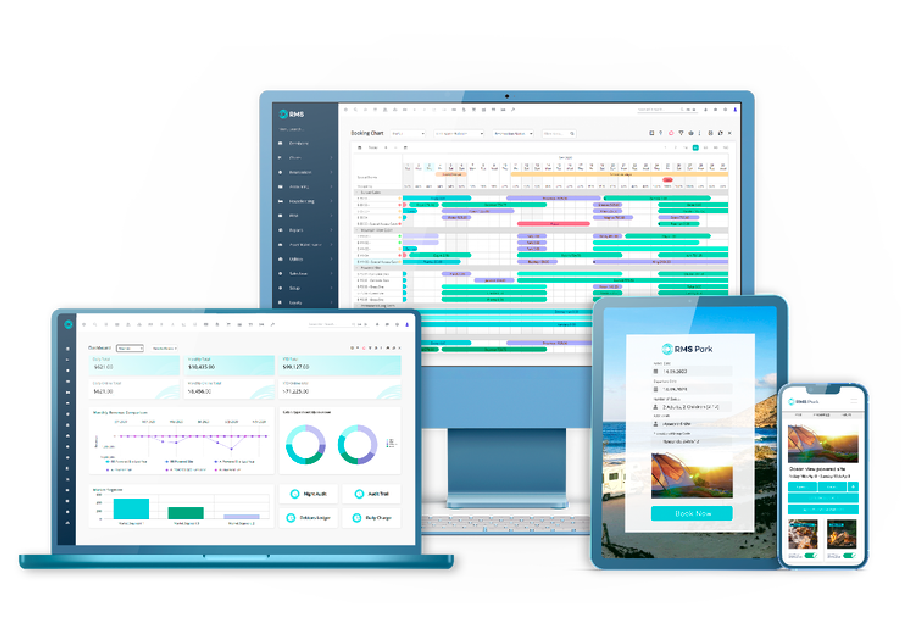Chapter 4: Challenges in Achieving Operational Excellence
To improve the guest experience, you’ll want to consider prioritizing online guest communication. Guests want to feel attended to, even when they aren’t physically at your property.
Multi-Property Management
Multi-property operations face complex challenges trying to achieve business success because they must compile insights of all problems across all sites. It's about streamlining your processes, services, and— of course — your product, across all locations. Businesses with multiple properties must compile insights and work towards making both the staff and guest experience repeatable and scalable.
COVID-19 & Changes in Guest Expectations
The international COVID-19 pandemic brought with it many changes across the hospitality industry. From the demand for contactless paying options to two-way messaging where guests don't need to interact face-to-face with staff for inquiries, the modern-day guest has a new idea of what the ideal guest experience looks like. The hospitality industry is now being challenged to think of ways to adjust processes, services, and products to keep up with the changing times. From new room cleanliness and sanitation methods to social distance-friendly communal spaces, the standard for operational excellence is evolving with the growing demands of guests and staff alike.
Hospitality Perishability
When staying at a hotel, campground or RV park, the guest enjoys their experience at that very moment. Unlike a product that can be taken home and enjoyed over and over again, the pleasure of the stay diminishes quickly after checking out. After all, once a night has passed, that time is lost. For rooms and sites that were booked, once a guest has come and gone, that stay is irrevocable. For those accommodations that remained unbooked once that night is gone, and that room sits empty, you cannot get it back nor the revenue that would have come with it were it booked.
This perishability serves as a challenge for the hospitality industry at large, forcing managers to focus on marketing and nurturing efforts to keep travel top of mind.
Extensiveness of Maintaining an Online Presence
.png?width=400&height=320&name=RMS%20Web_RMS%20all-in-one_2022_RMS%20(1).png) The modern guest always does their research online before booking accommodations. Beyond writing and designing an attractive, user-friendly website, you also need to be aware of your online presence beyond your property’s personal web domain. Hospitality businesses must maintain a digital image on various booking websites, review platforms, and let's not forget your social media outlets. For multi-property locations, managing your online presence can require multiple full-time staff. In some cases, it may even require an entire internal marketing department or outsourced vendor. But much like the vastness of the internet itself, maintaining this presence can become cumbersome. Between managing passwords and cyber security to developing content itself there are a slew of operational hurdles that come with being relevant online.
The modern guest always does their research online before booking accommodations. Beyond writing and designing an attractive, user-friendly website, you also need to be aware of your online presence beyond your property’s personal web domain. Hospitality businesses must maintain a digital image on various booking websites, review platforms, and let's not forget your social media outlets. For multi-property locations, managing your online presence can require multiple full-time staff. In some cases, it may even require an entire internal marketing department or outsourced vendor. But much like the vastness of the internet itself, maintaining this presence can become cumbersome. Between managing passwords and cyber security to developing content itself there are a slew of operational hurdles that come with being relevant online.
Lack of Data-Driven Visibility
Some properties don't have detailed or accurate reporting measures to track operations. Without this added visibility it can be hard to see where improvements can be made to save valuable time and money as well as improve the guest experience. Some property management systems come out-of-the-box with extensive tracking and reporting, while others don't. Properties benefit from insights into both their sales and marketing efforts operationally, but could end up investing valuable time and training into setting up proper analytics in tools that don’t give them the holistic view they need. This translates into wasted time you cannot get back and lack of visibility into the areas of data that will enhance your business operations.
Visibility Without Resources to Make Improvements
While some properties may have the visibility to see some issues and opportunities to improve their operational excellence, not all businesses have the resources they need to make improvements. Whether finances don’t allow or proper scalability is timebound, some properties have to stretch or adjust their goals based on their situation and resource capabilities. Many reservation and property management systems don’t automate crucial processes with “set it and forget it” features like dynamic pricing that sets automated pricing rules designed to optimize occupancy or yield, automated reporting that collects and analyzes data across the business, and triggered correspondence that sends emails or text messages at specific points of the guest experience that can save hours of staff time every day.



.jpeg)

.jpeg)

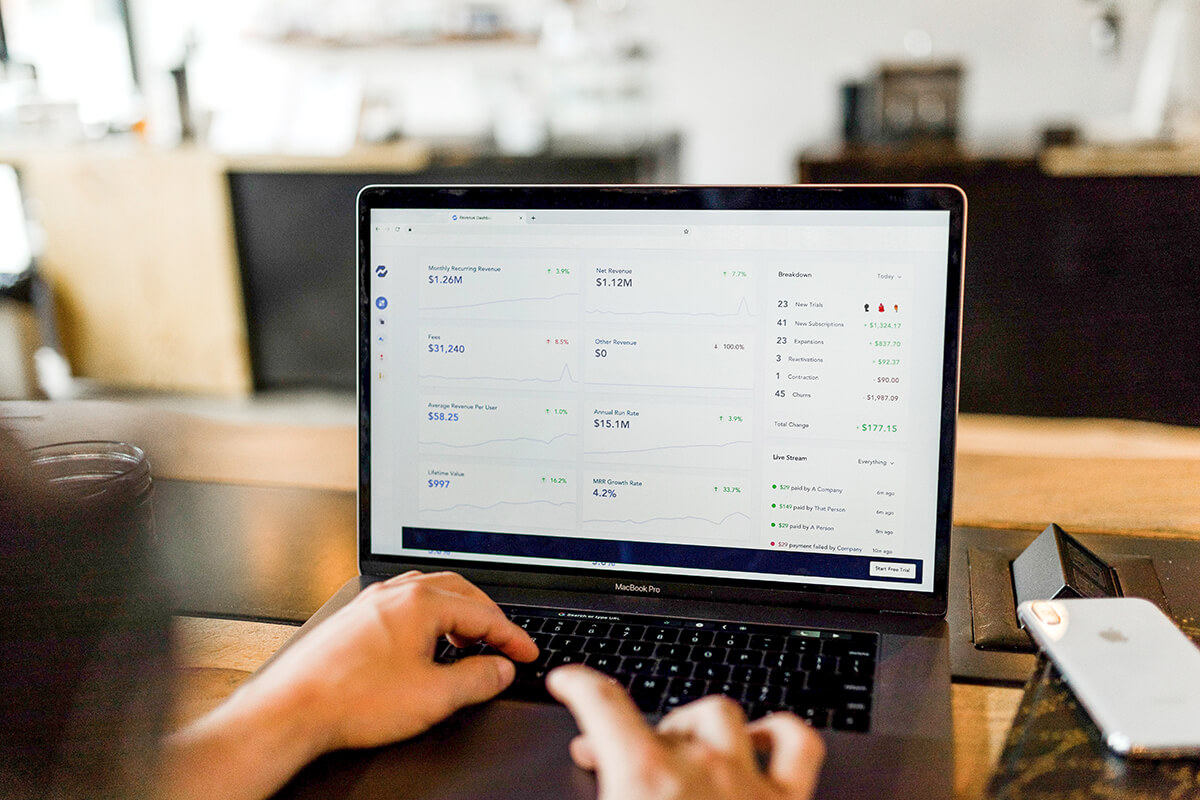

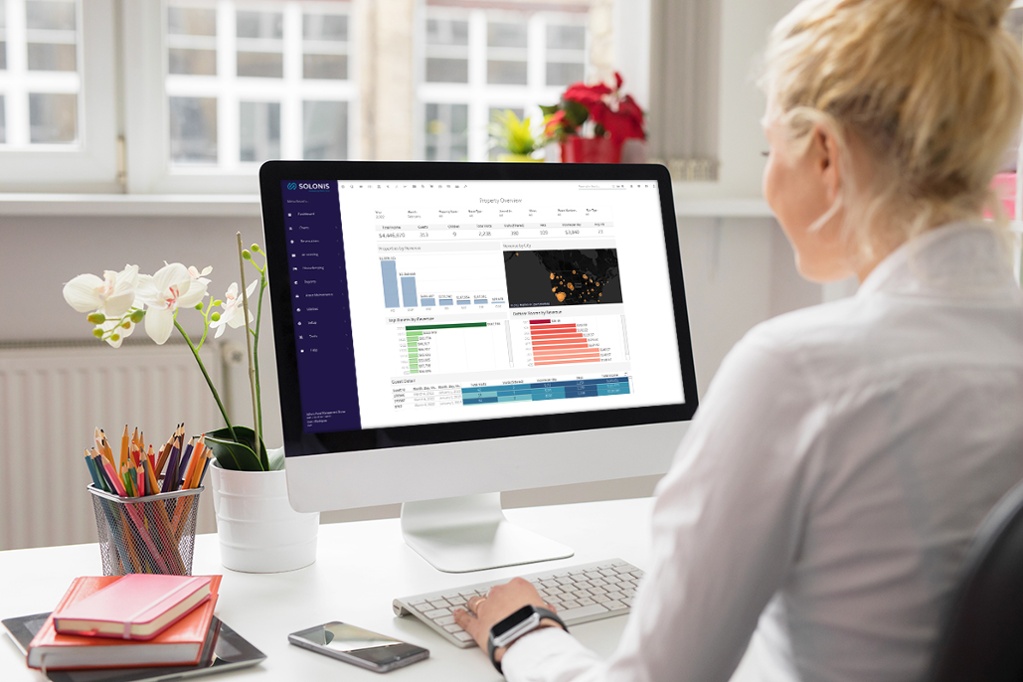
.png?width=400&height=320&name=RMS%20Web_RMS%20all-in-one_2022_RMS%20(1).png) The modern guest always does their research online before booking accommodations. Beyond writing and
The modern guest always does their research online before booking accommodations. Beyond writing and 


